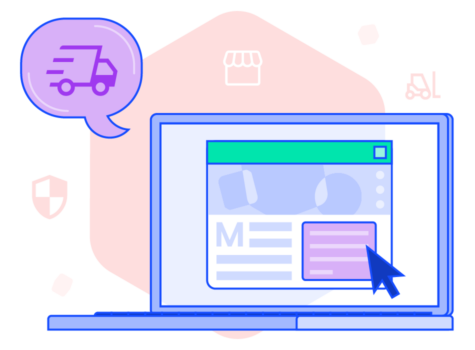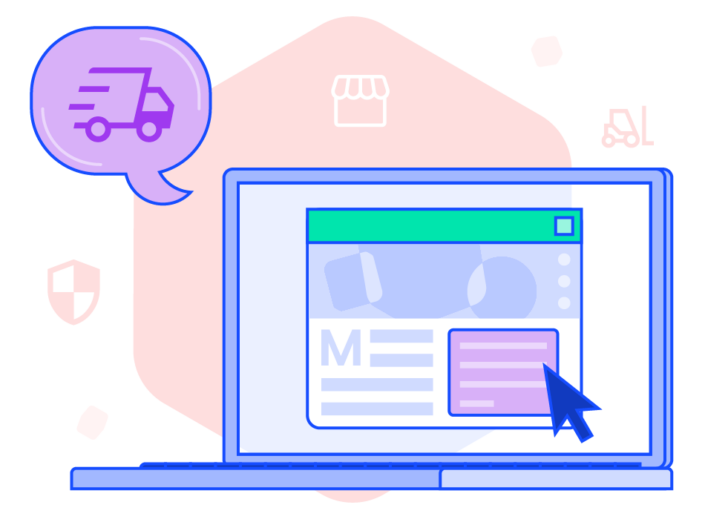A lot can go wrong during the delivery process. But one of the most frustrating setbacks is when a package gets safely dropped off on a doorstep … only to be stolen before the recipient brings it inside.
This package theft—known as porch piracy—is frustrating for customers and businesses alike. And because carrier-provided declared value services (which are similar to shipping insurance) don’t cover porch piracy, organizations are often left scrambling when it happens.
What laws are currently in place to deter porch piracy? And what actions can you take to protect your customers? In a recent Unboxing Logistics episode, Jessica Lowrance, vice president of federal affairs at UPS, answers both questions.
The rise of porch piracy
Back in the day, business-to-business deliveries dominated the logistics market. But around 2012, ecommerce began to rise in popularity.
As more and more packages were sent directly to consumers’ homes, people began to see an opportunity. Why not grab a package from a doorstep, then sell the contents? The term porch pirate was coined in 2018 to describe these thieves.
Now, Jessica says, porch piracy is “part of the customer buying experience. It’s not the fault of the carrier or the company—it’s just the reality of the world we live in today.”
Porch piracy legislation
At the moment, the federal government only considers package theft a felony when the carrier is USPS. If a package delivered by FedEx or UPS (or another carrier) gets stolen, it’s a misdemeanor.
While a few states have their own, more stringent laws in place, Jessica explains that most porch pirates still aren’t held accountable. She—and many others—are supporting legislation that would change that.
The proposed legislation changes wouldn’t necessarily crack down on people who swipe a single package. Instead, the revised law would apply more severe penalties to organized package theft.
For example, a teenager who steals a single package probably wouldn’t be charged with a felony. However, a stricter penalty would apply to people who follow behind delivery trucks, stealing hundreds of packages at a time.
How to prevent porch piracy
Porch piracy negatively affects both businesses and consumers. “There are consequences. The average person can’t see them—they’re just paying for them.”
Unfortunately, you may not be able to eliminate porch piracy. But with planning and preparation, you can minimize the problem. In the podcast, Lori and Jessica discuss the following solutions:
- Provide accurate estimated delivery times. When customers know exactly when their package will arrive, they can bring it inside immediately—porch pirates won’t have time to strike.
- Require signature confirmation. Signature confirmation ensures that packages aren’t left on doorsteps or in mailboxes unattended. This is especially beneficial for high-value items.
- Use your physical stores for order fulfillment. Take porch piracy out of the equation entirely by allowing customers to pick up their online orders from your brick-and-mortar store.
- Ship to designated access points. No physical store locations? Ship to secure access points like package lockers.
- Get shipping insurance. Shipping insurance won’t prevent package theft, but it helps you avoid financial loss. Learn about EasyPost’s affordable shipping insurance—or, if you sell on Shopify, try downloading a free app that gives shoppers the option to purchase package protection.
Jessica also suggests getting in contact with state and federal officials. By sharing your experiences with porch piracy and campaigning for change, you’ll help push out laws that deter package theft.
“If you’re experiencing high volumes of your products being stolen … send a letter or email saying, I’m a constituent, I own a small business, and I’m experiencing large volumes of package theft through porch piracy. And I would like the state to do something about it.”



